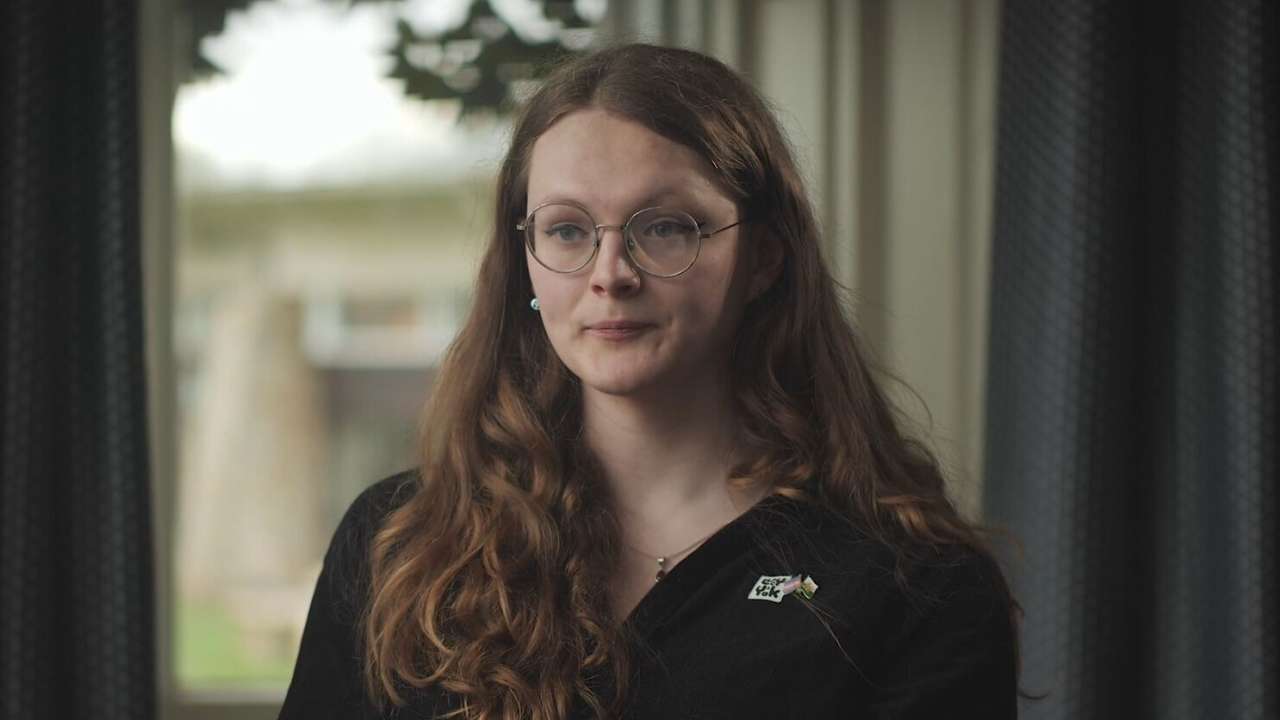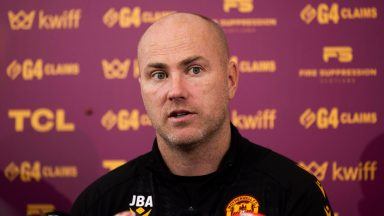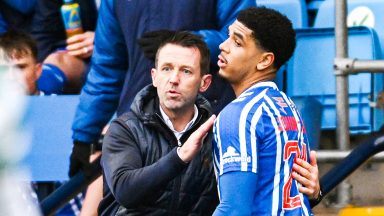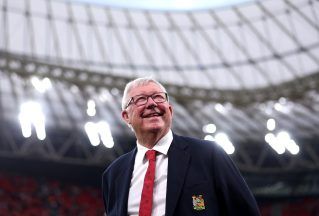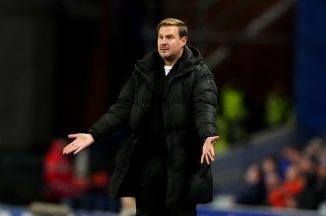In her first broadcast interview since British Cycling banned transgender women from elite women’s events, Emily Bridges has told ITV News Sports Editor Steve Scott that she will take her fight to overturn the policy to court and accused Prime Minister Rishi Sunak of ‘normalising’ violence against trans people.
Words by Joe Wardropper and video report by Sports Editor Steve Scott
Emily Bridges once dreamt of racing for Olympic glory in Paris this summer. But after British Cycling barred transgender women from competing in the female category last year, she has all but given up on elite sport.
“It’s not something I allow myself to think about too much because that part of my life is gone now, and it’s not something I really want to do anymore,” she told ITV News Sports Editor Steve Scott.
“If we were allowed to compete, if I was allowed to compete, it would be a different conversation,” she added, “but I can’t compete…I can’t do something I used to love.”
Bridges became one of the most high-profile transgender athletes in the world last spring when British Cycling joined a succession of sporting bodies to restrict entry to its ‘female category’ to competitors born biologically female.
The decision followed a nine-month consultation and rumours some of the UK’s leading female riders were threatening a boycott over Bridges’ continued eligibility for female races.
In a statement to ITV News, British Cycling said the decision was designed “to safeguard the fairness” of the sport and committed to monitoring changes in the “scientific landscape” and reviewing policies annually.
Bridges said the policy amounts to a ban from elite cycling.
“A ban is a ban. You can say you can compete in the open category, but we’re women – we should be able to race in the women’s category,” she said.
British Cycling had given her the option to compete in the ‘open’ category alongside other transgender women, transgender men, and athletes born biologically male.
But Bridges said she would not feel safe competing alongside men and does not like transgender women having to ‘out’ themselves to compete in the category.
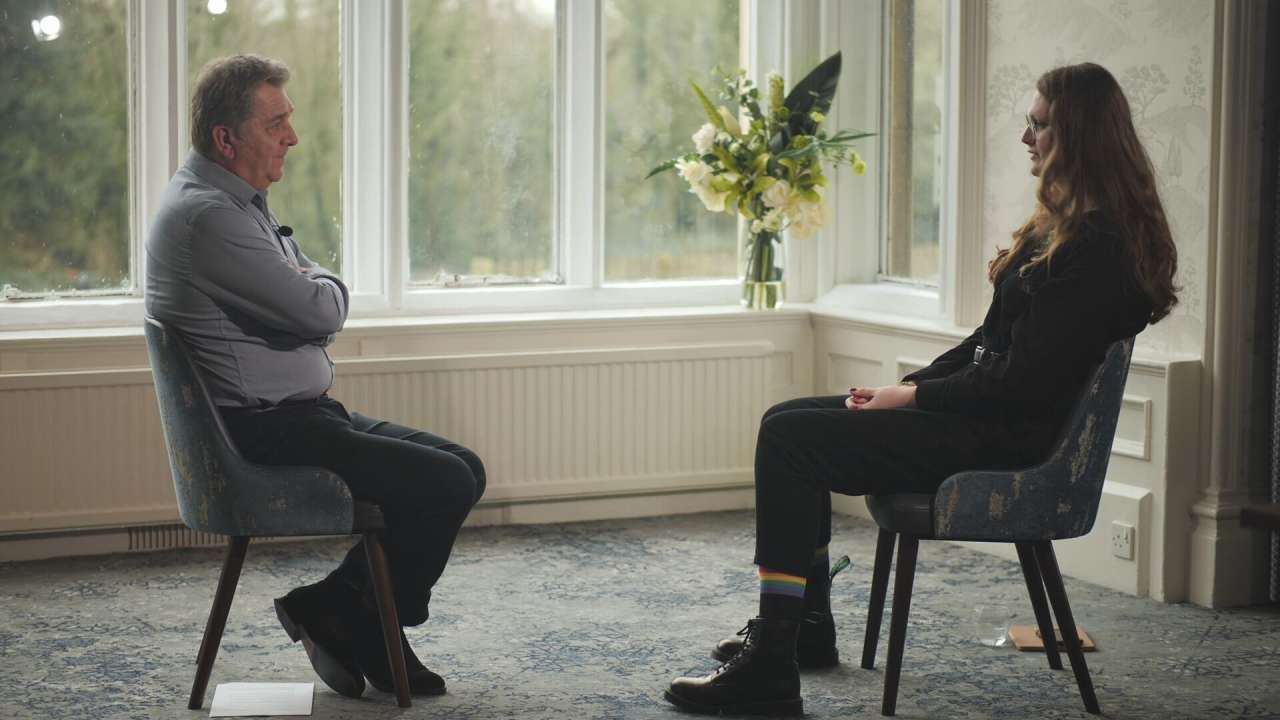
Convinced that her human rights have been violated by British Cycling, Bridges says she is prepared to go to court to challenge the rule change.
“I don’t care if I never compete again. It’s for other people who want to compete and it’s just about what’s right,” she added.
Bridges, who has transitioned and taken testosterone blockers, disputes the peer-reviewed studies that British Cycling and others cite to demonstrate that transgender women who have suppressed testosterone retain a performance advantage after puberty.
“How many of those studies are done on athletes,” she asked.
“I have been part of a study, and the data will be coming out soon, and opponents of my inclusion, have been trying to discredit all of the data.”
Bridges has participated in research led by Loughborough University to assess the fairness of trans women athletes with reduced testosterone levels competing with cisgender women.
Beyond sport, Bridges is unequivocal about the impact about the wider impact excluding transgender athletes is having.
She believes calls to restrict the participation of transgender athletes reinforces the idea that trans women are not women and that they are a threat.
“When you exclude trans people from public life… it is a hell of a lot easier to ban us from other aspects of public,” she explained.
“It’s easy to ban us from toilets, it’s easy to ban us from healthcare and after all of that, our legal recognition… it has kind of been a gateway for all of that to come about.”
But Bridges reserves some of her strongest language for the prime minister.
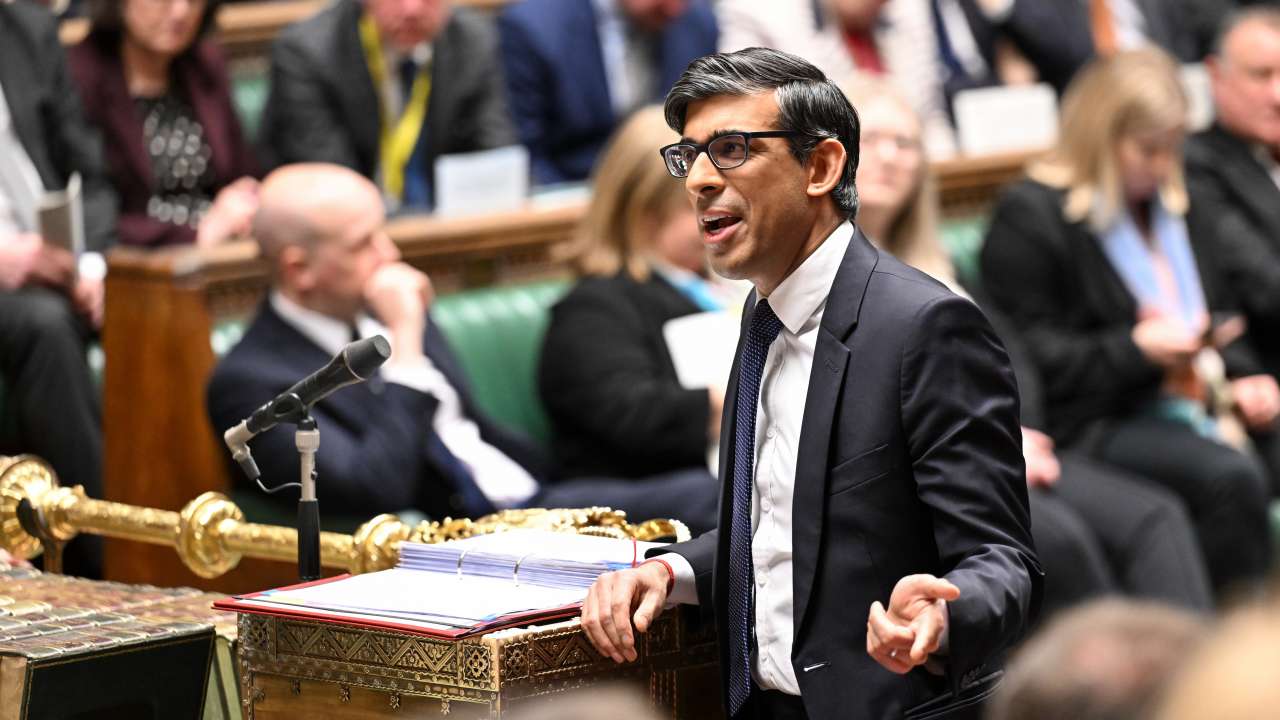
She describes the trans jibe he made at Prime Minister’s Questions, while murdered teenager Brianna Ghey’s was on a visit to parliament, as ‘normalising’ violence against trans people.
“He was just trying to win a political game. There’s no thought at all,” she said.
“In court, the judge presiding over the trial of Brianna’s murderers has said that transphobia was a factor – that transphobia is directly linked to the normalisation of these comments.
“We are still getting killed and it’s an incredibly scary time to be trans at the moment. You leave the house and you’re thinking: ‘I’m not going to come home, because someone doesn’t like who I am?’
“That’s a very real conversation that we’re having. It’s not safe anymore, it’s never been particularly safe, but it has gotten worse.”
The prime minister refused to apologise for his remarks, which he said addressed Keir Starmer’s record of U-turns on major policy. He further accused Labour of cynically using the tragedy of Brianna’s death.
In a statement to ITV News, British Cycling said: “Our revised policies have been designed to safeguard the fairness of cycle-sport competition, while continuing to ensure that all riders have access to welcoming and inclusive opportunities to participate.”
“We remain fully committed to listening to our communities and working with other sporting bodies to monitor changes in the scientific and policy landscapes, and will be reviewing our policies annually or more frequently if required.”
Follow STV News on WhatsApp
Scan the QR code on your mobile device for all the latest news from around the country



